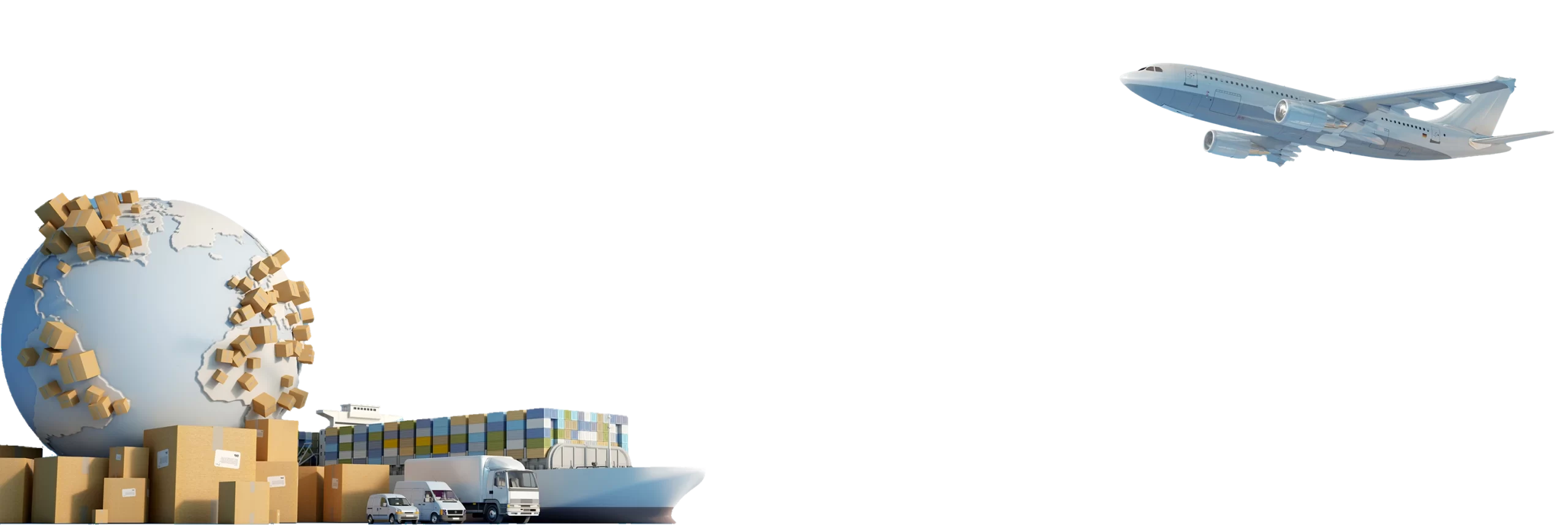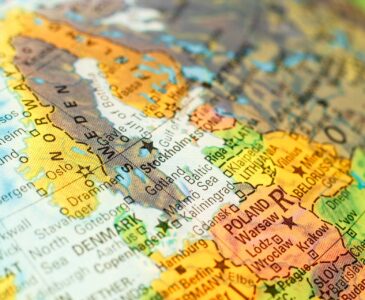Moving to Luxembourg can be an amazing opportunity – located in the center of Europe, with a great economy, environment, and traditional amenities, this unique nation provides a mix of various cultures, languages, and traditions, so it isn’t hard for expats to adapt. Besides learning different languages and enjoying the amazing cuisine, you can also find some good job opportunities.

Is It Worth Moving to Luxembourg?
Situated in the heart of Europe, this small country with a rich historical heritage attracts many expats from all over the world. It is also multilingual, and it has three official languages, which are all taught in schools – Lëtzebuergesch (Luxembourgish), French, and German. If your native language is English, there is no reason to worry about breaking the language barrier – most residents know it as well, and it’s also taught in schools.
With many natural beauties and a good economy as some of the main reasons to relocate here, this is definitely one of the places you should consider as an option for your new home. But is it easy to move to Luxembourg if you’re relocating across the world? If you’re planning to move overseas, you can easily apply for a visa and hire an international moving company – this will help you move efficiently without experiencing any relocation stress.
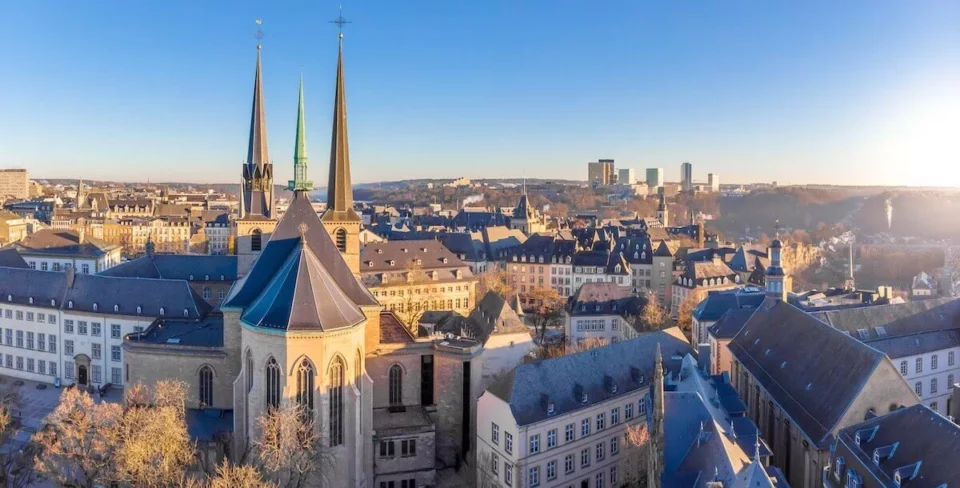
Can a US Citizen Move to Luxembourg? A Visa Is Mandatory for Every Expat Without an EU Passport
If you’re a US citizen, you might be wondering, can anyone move to Luxembourg? Of course! Unlike the citizens of the European Union, you’ll need a visa to move here, but this can be easily managed. You just have to apply a few months prior and gather all the documents necessary to travel abroad. This country is one of the founding members of the European Union, and many of the EU’s institutions are situated here – this is why traveling for citizens who live in other EU member countries is easier.
You Can Apply for Different Types of Visas if You’re Moving Here
If you’re a US citizen, you don’t need a visa to travel to the Schengen Area if you’re planning to stay there for less than 90 days. In case you want to extend your stay here and move for good, an application for a residence permit will be necessary. The type of application depends on the purpose of your relocation – work, studies, and others. In order to apply, you’ll need a passport that will be valid for at least three more months after your planned return to the US, it must be issued within the previous ten years, and it is supposed to have at least two blank pages.
You’ll also have to attach some other important paperwork depending on the type of visa you’re applying for. If you have any additional questions, you can always visit the visa desk at the Embassy of Luxembourg in Washington, DC. You can also visit their official website and find the necessary information – just ensure to check everything twice because of the coronavirus pandemic. Some specific details might vary depending on the current situation.
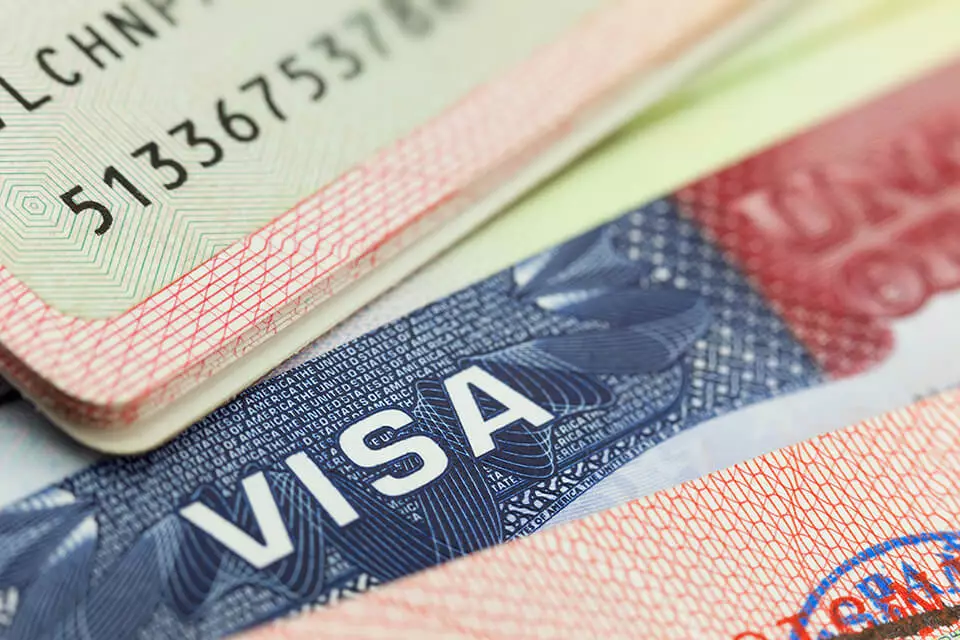
The Grand Duchy Is Divided Into Two Main Regions: Oesling and Guttland
Moving to Luxembourg from the US can go much smoother if you’re familiar with some important facts about this place. For starters, you should know that this country is divided into two main regions – Oesling and Guttland. Oesling or Eisléck is located in the northern part of the country, while Guttland spreads across the southern area. Oesling covers one-third of the whole territory, and it belongs to the Ardennes – the French part. It is known for deep valleys, forests, lakes, and many other natural beauties. This region’s main towns are Wiltz, Clervaux, and Vianden.
Guttland covers about 70% of the overall territory, and it is well known for wine production, farmland, and beautiful landscapes. The Moselle Valley is one of the most popular tourist attractions, especially for wine lovers. In close proximity to this wine paradise lies another national treasure – Müllerthal, also referred to as Petite Suisse (Little Switzerland). This area is home to one of the oldest towns in the area – Echternach.
The City of Luxembourg Is Biggest Urban Center in the Country
This city actually has a population of about 110,000 residents, so it’s hardly a huge metropolis. On the other hand, if you look at its impressive amenities – it has a lot more to offer than some larger metropolitan areas. It impresses many expats with tremendous architecture, narrow streets, picturesque buildings, and bridges. Luxembourg City has been a UNESCO World Heritage Site since 1994 because of The Capital of the Grand Duchy of Luxembourg fortress – built in 963, it served as one of the most powerful fortresses in whole Europe. Once you’re done sightseeing, you can enjoy other fun stuff. Local pubs and taverns offer traditional food and drinks, so you should definitely pay them a visit – as locals often do.
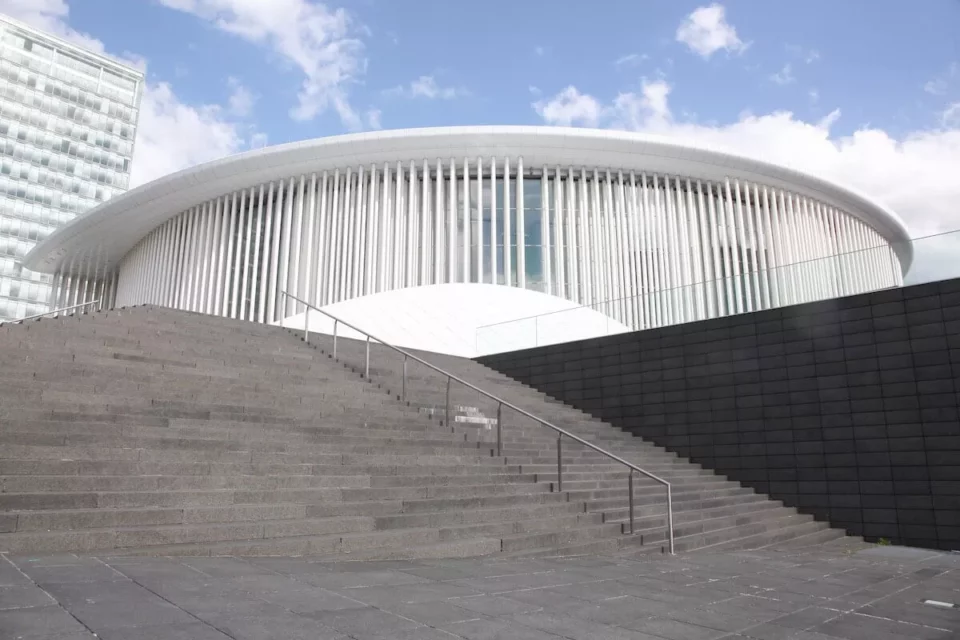
Is It Expensive to Live Here? Cost of Living Might Vary Depending on the Area, But Some Things Are Free
According to Numbeo, the cost of living here might be considered pricey – but prices are close to some of the more expensive parts of the US. For example, a family of four would have an estimated monthly cost of $3,800, while $1,100 should be enough for a single person – both if you don’t include rent.
If you have to rent a place, add this to your relocation abroad checklist. You’ll need approximately $1,800 for a one-bedroom apartment around the city center. For about $1,000 more, you can rent a three-bedroom apartment outside the city center. Basic utilities for a month can cost you up to $250 for a medium-sized apartment. Although this might sound expensive at first, keep in mind that salaries here are also very high – the average salary after tax is approximately $4,500.
Public Transportation Has Been Completely Free Since 2020
Now to the fun part and one of the many charms of living here. You don’t have to worry about transportation expenses – if you use public transit, of course. Unfortunately, the government won’t pay for your gas – yet. But the good news is that public transport here is completely free for all modes of transport, including trams, trains, and buses. And that’s not all. This applies to all modes of transportation throughout the whole country. You don’t have to be an official resident to deserve this right – this applies to those with Luxembourg citizenship, temporary residents, and tourists as well. The video below might help you understand this system better.
Job Market and Working Population
The labor market here is very active. Although it showed recent drops, this is closely connected to the coronavirus pandemic, so you shouldn’t worry because things are going back to normal. Nevertheless, the overall unemployment rate is lower than the European average. This dynamic market reflects the vivid environment of the area. Amazing work opportunities attract many cross-border workers, and their number has been steadily increasing over the last few decades.
This Is a Cross-Border Worker’s Paradise – You Can Find Best Opportunities as an Expat Living Here
The center of economic activity is the capital city, and some impressive statistics from this area show that almost half of it comes from cross-border workers. You don’t have to stress much if you’re slow in learning a language abroad – English is currently emerging as a major language in different professions. On the other hand, if you ask an employer – showing the effort to learn new languages can be a good way to improve one’s skills.

This Area Has One of the Best State-Funded Healthcare Systems in Europe
The healthcare system here is overseen by Luxembourg’s Union of Sickness Funds, and it ensures the highest quality of subsidized healthcare for all citizens and registered long-term residents. Healthcare costs can be covered by both state and patient contributions – depending on the type of treatment you’re getting, you may have to pay upfront for it. Also, you have to register with a health insurance fund to get state medical care if you work or live here.

The Schools System Offers Many Advantages
Although it is one of the smallest countries in the world, this nation offers splendidly cosmopolitan conditions, and it is home to plenty of top-ranked schools and universities. Here, school is compulsory between the ages of 4 and 16. It comprises a minimum of 12 years of education divided into primary and post-primary options.
The education system is defined by a multilingual tradition, so language teaching occupies the central role. It is also one of the most successful educational systems in the world, so that’s another reason to relocate here – especially if you’re relocating to another country for love and plan on expanding your family. Culture shock shouldn’t be an issue even for older children relocating here – multiple languages are incorporated into the curriculum. For Luxembourgish residents, the government runs most schools for free. Public universities have low tuition rates for expats – they usually don’t exceed $6,000.

You Can Never Get Enough of Sightseeing Around Here
Things to know before moving to Luxembourg include incredible amenities and historical landmarks you shouldn’t miss. The Valley of Seven Castles, for example, might be a perfect destination for couples and romantic getaways. This area has two castles of Ansembourg, chateaux of Koerich, Septfontaines, Hollenfels, Mersch, and Schoenfels. The Guttland area is suitable for outdoor activities – rich in natural beauty, forests, and plenty of options for recreation. If you enjoy hiking, you’ll definitely enjoy the picturesque landscapes of this area and fairytale villages that you can see on your path. This is an amazing location if you’re relocating with dogs and like walking them.

Things to Know About Climate Before Moving to Luxembourg
If you wonder what relocating across the world will bring when it comes to the climate and what to pack when relocating abroad, the answer is that the climate here is mild and temperate. Summers are mostly cool, and winters are seldom severe, with temperatures about 32°F. So during your relocation day preparations, ensure you have a warm hoodie or jacket on hand.

Now That You Have All the Important Information, Your Immigration to Luxembourg Can Begin
Now that you know how to move and how to live in another country, the only thing left is to pack your bags and go. If you don’t know how to prevent things from breaking when you’re preparing for international moving, you can always get some convenient professional relocation services. This is highly recommended if you’re relocating abroad alone and don’t have any assistance with your relocation. Don’t worry, though – with tips for learning a new language and joining some expat communities, you’ll easily make friends when relocating abroad, and they will help you with everything you need after the move. Living overseas can be very exciting, so don’t be afraid to step into this new world of opportunities.

